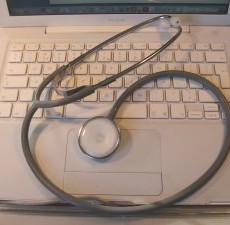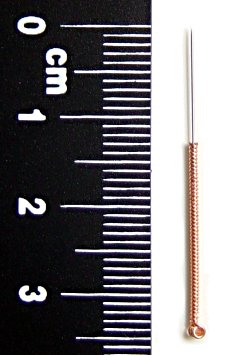Dutch Health Minister Edith Schippers has decided to pull the plug on a breast cancer drug which can extend the lives of women who have an advanced form of the disease. Bottom line: the minister believes it’s expensive and has no added value, which is pretty much code for ‘they’ll die anyway, just later on’. Most people who get cancer do die of it, sadly, so the logic is elusive at best.
Although this pill-based chemotherapy treatment (read the data) prolongs life, stops the spread of cancer to the brain, is approved in nearly all EU countries and is registered with the European pharmaceutical authority EMA, the Minister is going ahead with her plans, and doctors are livid.
The Netherlands has the fourth highest rate of breast cancer in the world. By cutting this funding, it also shows it isn’t interested in a cure, just budget cuts.
The Netherlands is also terribly depressed, is the infant mortality leader in the EU and has questionable women’s health care practices, including lack of gynaecologists on weekends in hospitals, no routine check-ups, pap smears or echograms (still widely considered ‘for fun’), a preference for not using any pain killers during childbirth and other things that expats and international find very difficult to wrap their brains around.
You’ll still rather get sick here than in countries where health care costs are unaffordable for most people, although I’d retort by preferring to get sick in the UK, Canada and Australia.
(Link: www.dutchnews.nl, Photo of Bras by Jill Motts, some rights reserved)





 Yesterday was the start of the official, lecture-filled part of
Yesterday was the start of the official, lecture-filled part of  All 20 contestants of the Belgian bodybuilding championship fled the venue in the Dutch city of Vlissingen, Zeeland, yesterday when three doping inspectors entered the room. The championship was cancelled, and the 300 or so spectators had to go home without seeing a single bodybuilder compete.
All 20 contestants of the Belgian bodybuilding championship fled the venue in the Dutch city of Vlissingen, Zeeland, yesterday when three doping inspectors entered the room. The championship was cancelled, and the 300 or so spectators had to go home without seeing a single bodybuilder compete.  A judge in Haarlem ruled last month that acupuncturists who are also certified Doctors of Medicine qualify for a tax exemption that other acupuncturists must miss out on,
A judge in Haarlem ruled last month that acupuncturists who are also certified Doctors of Medicine qualify for a tax exemption that other acupuncturists must miss out on,